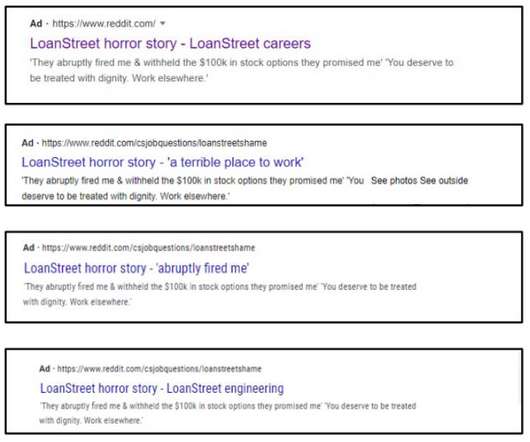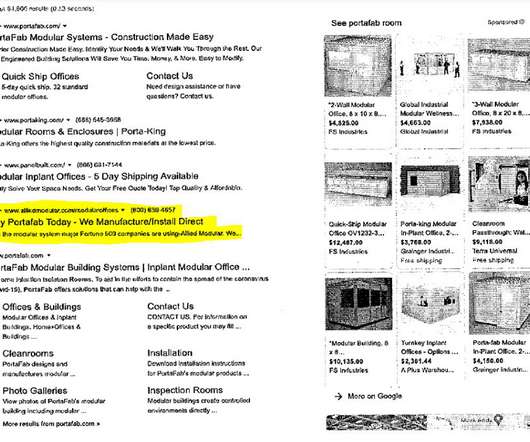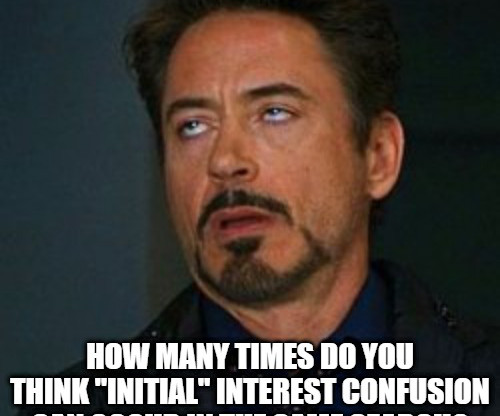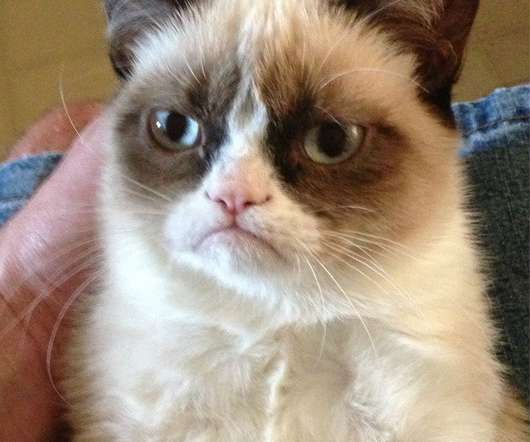Griper’s Keyword Ads May Constitute False Advertising (Huh?)–LoanStreet v. Troia
Technology & Marketing Law Blog
SEPTEMBER 9, 2022
Troia wasn’t offering any services at all, but also, note the ad copy–the headline says “horror story” and the text says “They abruptly fired me,” which were pretty good tipoffs to consumers of what they should expect at the link. The post Griper’s Keyword Ads May Constitute False Advertising (Huh?)–LoanStreet





















Let's personalize your content